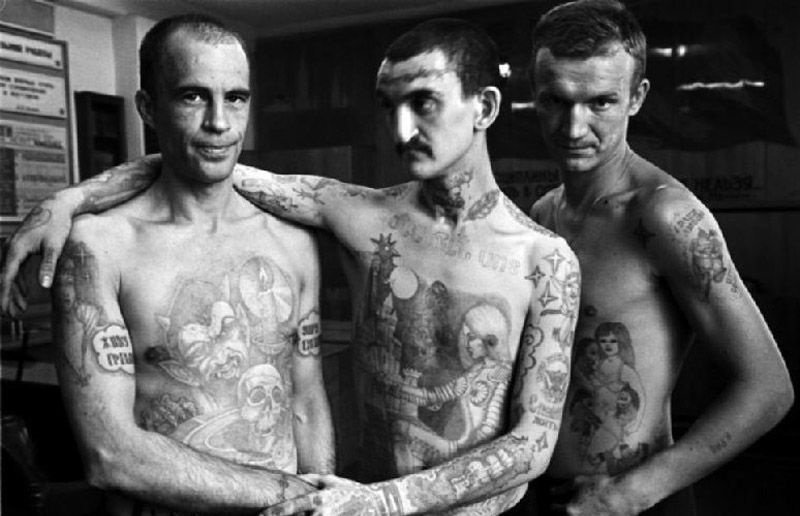What does affect your role in a social group? Your skills, knowledge, abilities or strength (physical or moral)? Are you sure that you will have the same social place with different people? It seems that we choose how we behave among our countrymen, but it is not. First and foremost, it all depends on the conditions in which the group is.

image source
Consider one of the most interesting and controversial experiments in psychology and sociology . Didier Desor conducted a study on the behavior of rats "Potential Stock Differences in the Social Behavior of Rats in a Situation of Restricted Access to Food ". I will not describe it with all details, just main moments.
Scientists have selected six adult rats (male), who had lived before in the equal comfortable environment. They were put into a special cage: it has a small living area separated from the feeder by the pool with water. Rats had to dive to reach the feeder. They could not eat from the feeder, for this it was necessary to go back to the living area. Note: rats are good swimmers, but do not like a water.

image source
Once rats understood the conditions in which they were, they had begun with the creation of the hierarchy through fights. The roles were distribute as follows:
2x Exploiters, 2x Workers, 1x Whipping boy and 1x Independent
Food divided as follows: 2 workers swam for food, when they had returned with it exploiters attacked them and took food away (so they ate the firsts). After exploiters eaten, there was a turn of workers to eat, and the last one (whipping boy) has finished the crumbs. Independent was strong enough to swim and to protect his food from others, he always kept separately. Exploiters and workers beat a whipping boy, when they had lost to independent.

image source
Over time, the roles have not changed, only entrenched. After a few months of such conditions, workers gave food to exploiters immediately, without fighting. There were no more attempts to take food from independent. In the absence of food continued to beat the whipping boy.
The experiment was repeated 20 times with new rats, in 99% of cases the roles were always distributed the same. (2x exploiters, 2x workers, 1x whipping boy, 1x independent).
Finally one of the most interesting parts of the experiment: in one cage scientists placed 6 rats with the identical social roles from the older experiments. : 6 exploiters, 6 workers, 6 independent, 6 whipping boy. And the same thing happened again, rats re-distributed their social roles through fights and always came to the initial result (2 exploiters, 2 workers, 1 whipping boy and 1x independent.
Thus, it was found out that irrespective of the social role in the past, the new group will define the new role of the individual.
***
Didier Desor argued that there is no significant reason why the situation with the rats can't be repeated among the people. No one has conducted a special research on this, but we have a bright example.

image source
Cages in Soviet prisons usually designed on a group of prisoners (sometimes 10-15 people), food is limited, conditions very similar to conditions in a rat's cage. Thus in the prisons formed a very similar hierarchy:
- Thugs (Blatnye) the highest caste in the hierarchy. Is usually a professional criminals. they often have a real power in prison.
- Man (Muzhiki) Ordinary men, they work, don't pretend to informal power, often give their stuff to Thugs.
- Omitted (Opushhennyj, Petuh) they are the lowest caste in the prison hierarchy. They are constantly exposed to violence and humiliation.

image source
To make Omitted's life easier, in USSR came up with to put them together in a separate camera. It turned out that over time they formed the same hierarchy with the Thugs, Men and Omitted’s. The degree of aggression among group members was much higher than in the groups from which they were taken.
Of course in normal world (where most of us live) rarely observed the conditions that lead to the creation of such a clear and rigid hierarchy, but still the instincts of domination work on a subconscious level. Given the civility of society and the existence of system of law-punishment, people can't show open aggression towards others, so we replaced the physical strength to intellectual and moral.
Take for example a group of friends (at least 4-5 people). Have you noticed that there are always leaders who guide the group, regular guys who are doing everything and don't bicker, and one person is always exposed ridicule. Of course we believe it's a friendly-"jokes", but in fact it is a moral domination. For more examples: think about the hierarchy among the soldiers in a difficult conditions, or consider a group of workers (in any industry), which consists of a men...
Your social role is not tied with your skills and abilities. Being a loser in one group, in another you can become the leader, and Vice versa.
Follow Me
"Potential Stock Differences in the Social Behavior of Rats in a Situation of Restricted Access to Food "
WiKi: social hierarchy in prison
If you like this post you can read one more article about :a comparison of our society with the mouse paradise
